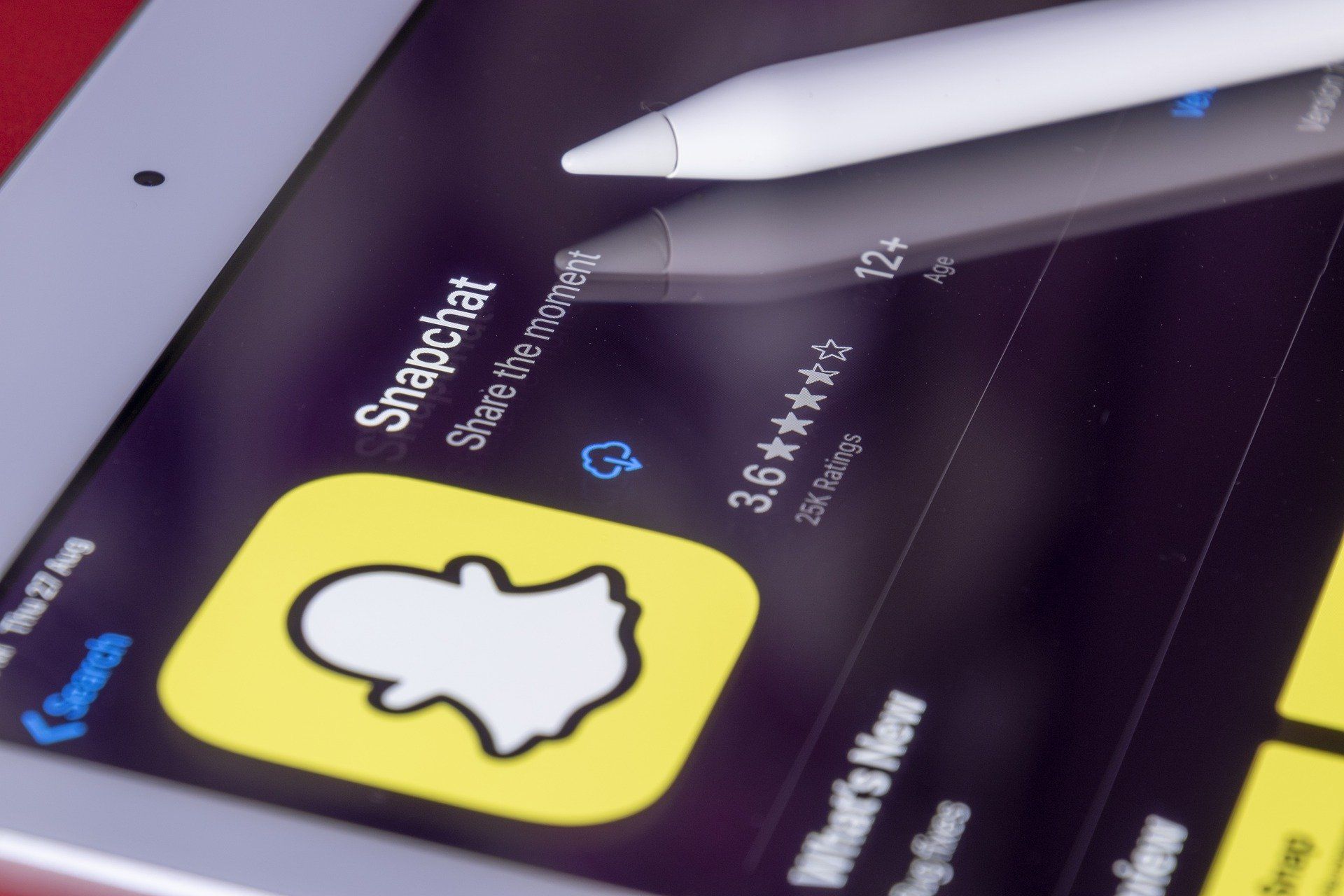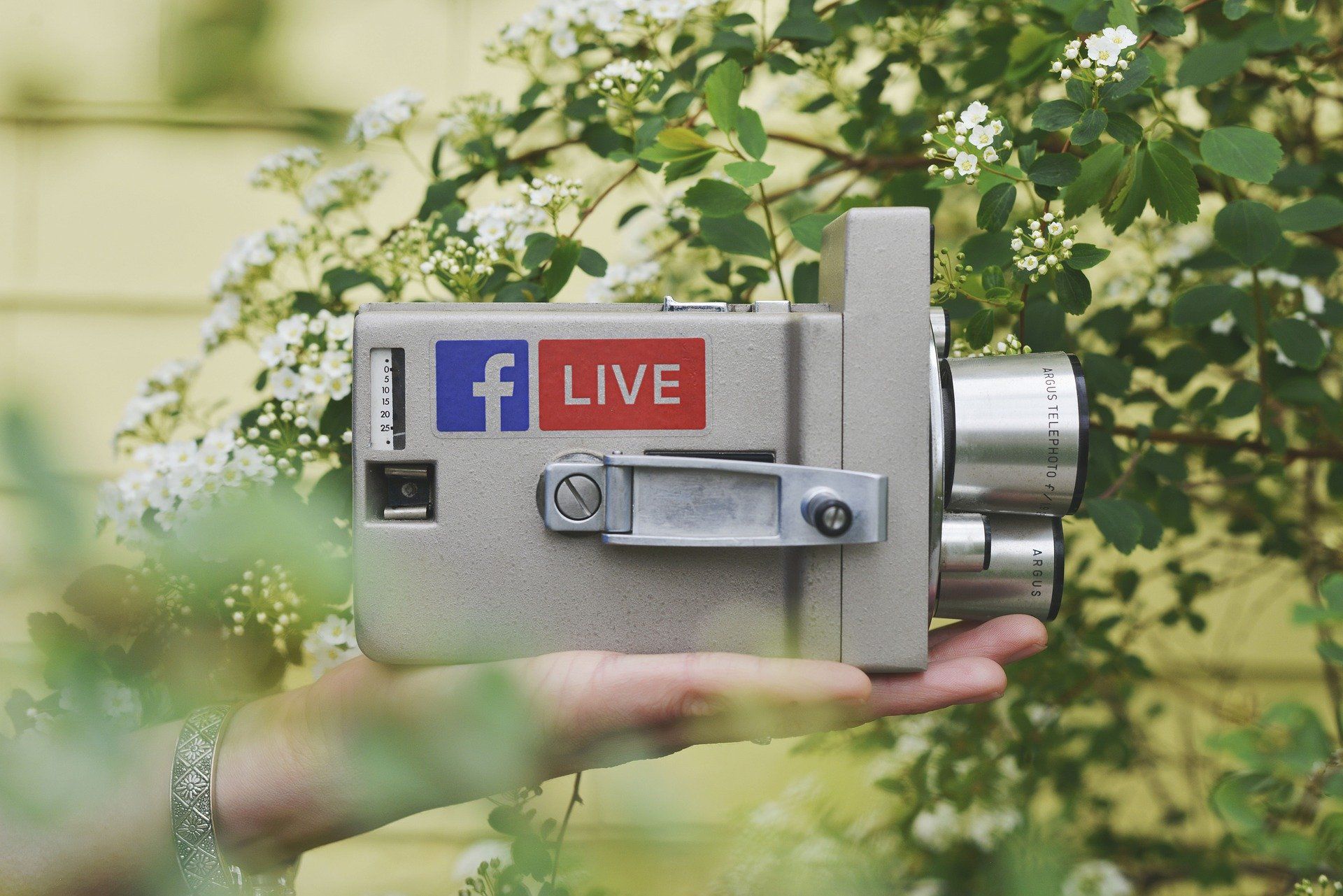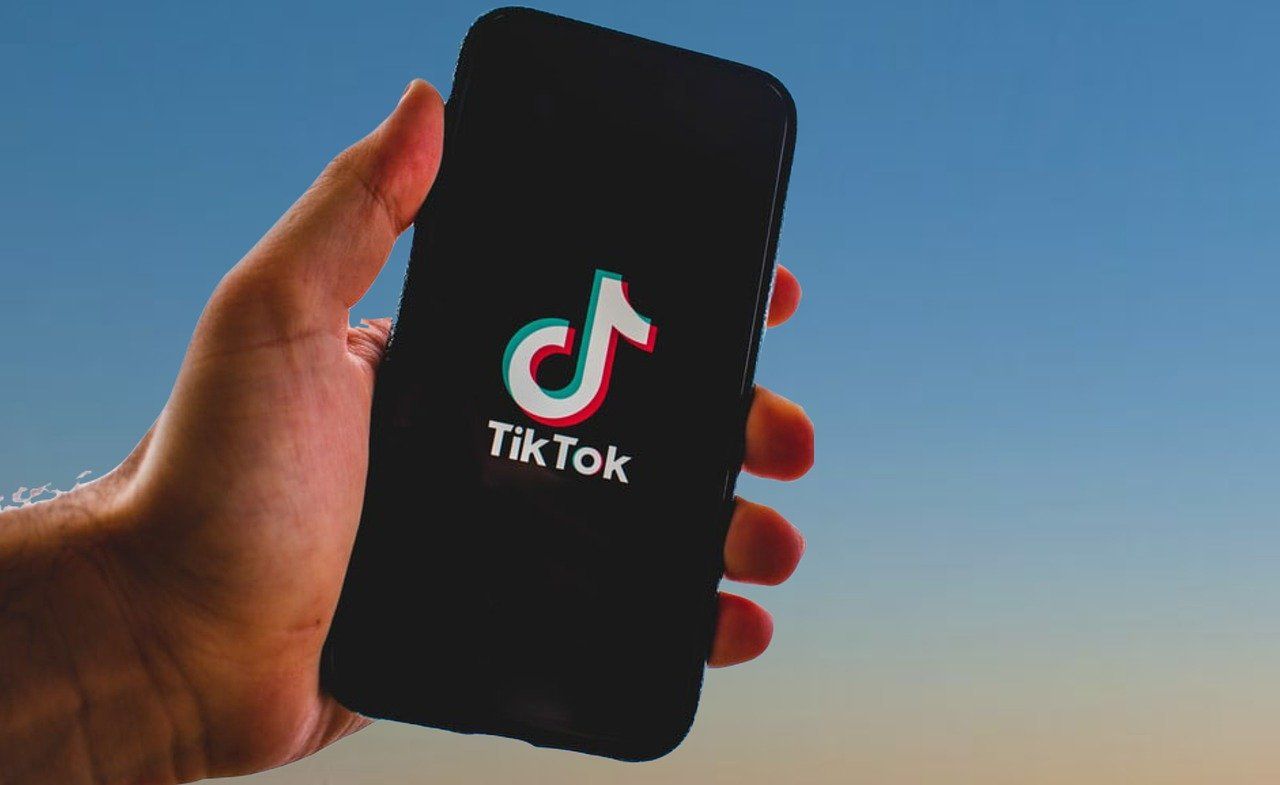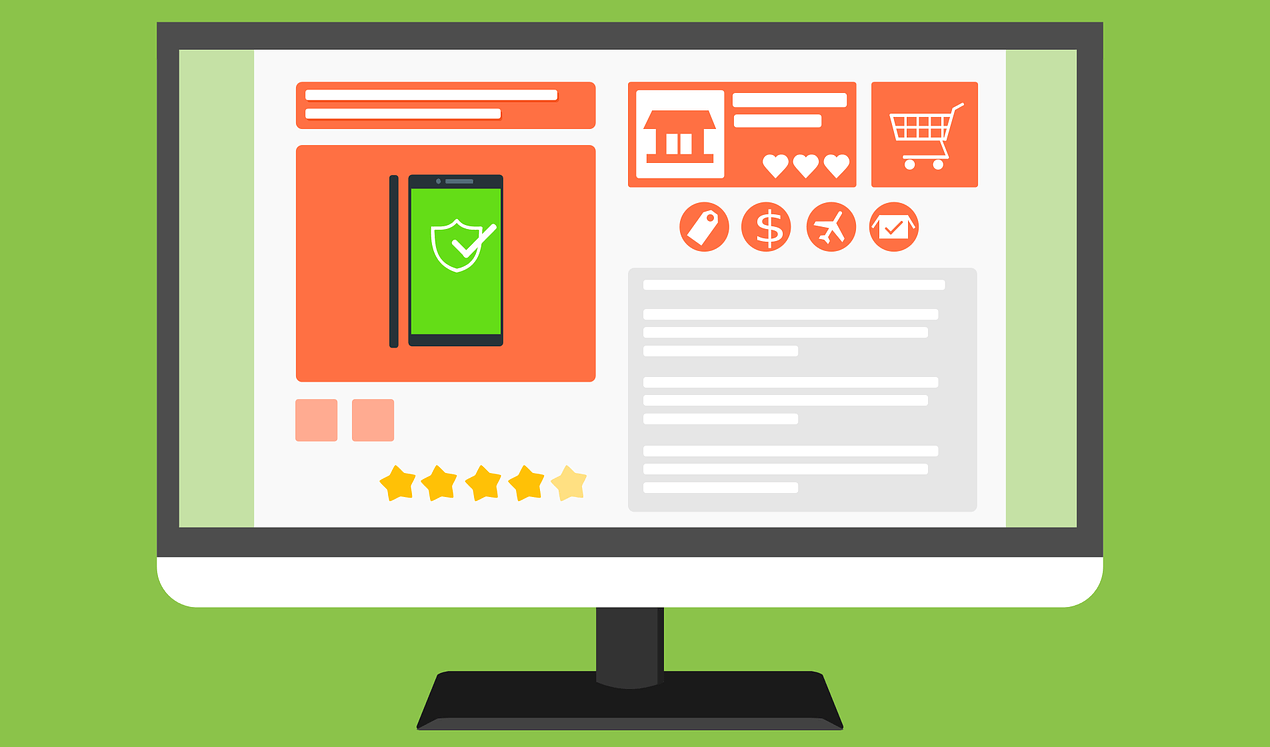By phase3digitalagency
•
January 21, 2021
Programmatic advertising has been on the rise for years thanks to its ability to adapt to what marketers need in reaching their ideal customer through display advertising. Now there is an additional programmatic advertising solution that allows you to find your next prospective customer on-the-go through Streaming Audio . Here are a few basic things to know: What is streaming audio? You have most likely experienced a streaming audio ad yourself. Streaming audio, also referred to as programmatic audio, is a digital advertising format for audio content like digital radio, podcasts, and music streaming services. Streaming radio ad spots are entered into a programmatic auction system and purchased if a listener matches the desired audience parameters. Listeners are exposed to a 15- or 30- second streaming audio ad on their mobile browser, desktop browser, or in-app while listening to a streaming audio service like Spotify, Pandora, SoundCloud, Triton, Targetspot, etc. Within some of these platforms, display banner ad components can be included for additional exposure. What makes steaming audio stand apart? First, streaming audio service users have increased significantly thanks partly to 2020’s global pandemic. According to Pandora, “three in four Americans have changed their routine due to the pandemic” – and their media habits have changed along the way. More people are working remotely, creating home gyms, taking part in virtual classroom learning, and dining out less due to capacity restrictions, leaving people to spend more time at home. “In May 2020, 70% of audio listening was happening in home vs almost 50% at the beginning of 2020, with a 16% spike on digital devices.” Second, with streaming audio, you are not only able to target your streaming audio campaign to a specific audience, but you are also able to measure the results of your ads and optimize the campaign in real-time. In addition to being able to attract a specific demographic, you can also send potential customers to your website when a display ad is placed alongside your streaming audio spot. Lastly, one of the greatest benefits of streaming audio ads is the guaranteed exposure. For example, if a user is on Spotify and an audio ad comes on, that user becomes your captive audience as commercial breaks are unskippable, meaning your full 15- or 30-second message gets played in its entirety for almost every impression. The same goes for online radio and podcasts, leaving the advertiser confident that every ad is gaining optimal exposure. What makes a good streaming audio creative? Ultimately, like programmatic display and OTT, listeners respond to clear open communication from an advertiser. Pandora, one of the leaders in streaming audio services, reports that best practice for effective streaming audio creative is a message focused “20% on what you say and the remaining 80% is how you say it.” Creating an informative and relevant message while being personal, optimistic and/or empathetic will lend you best results. When you add in the flexibility that streaming audio offers with adjusting your messaging in real-time, streaming audio makes it easy for your brand to remain relevant in the ever-evolving digital landscape. With more and more people plugging into digital audio each year, now is the time to include streaming audio in your programmatic campaign buy. By adding streaming audio, you will reach your audience with relevant, contextual ads that keep listeners engaged, while building loyalty to your brand.


